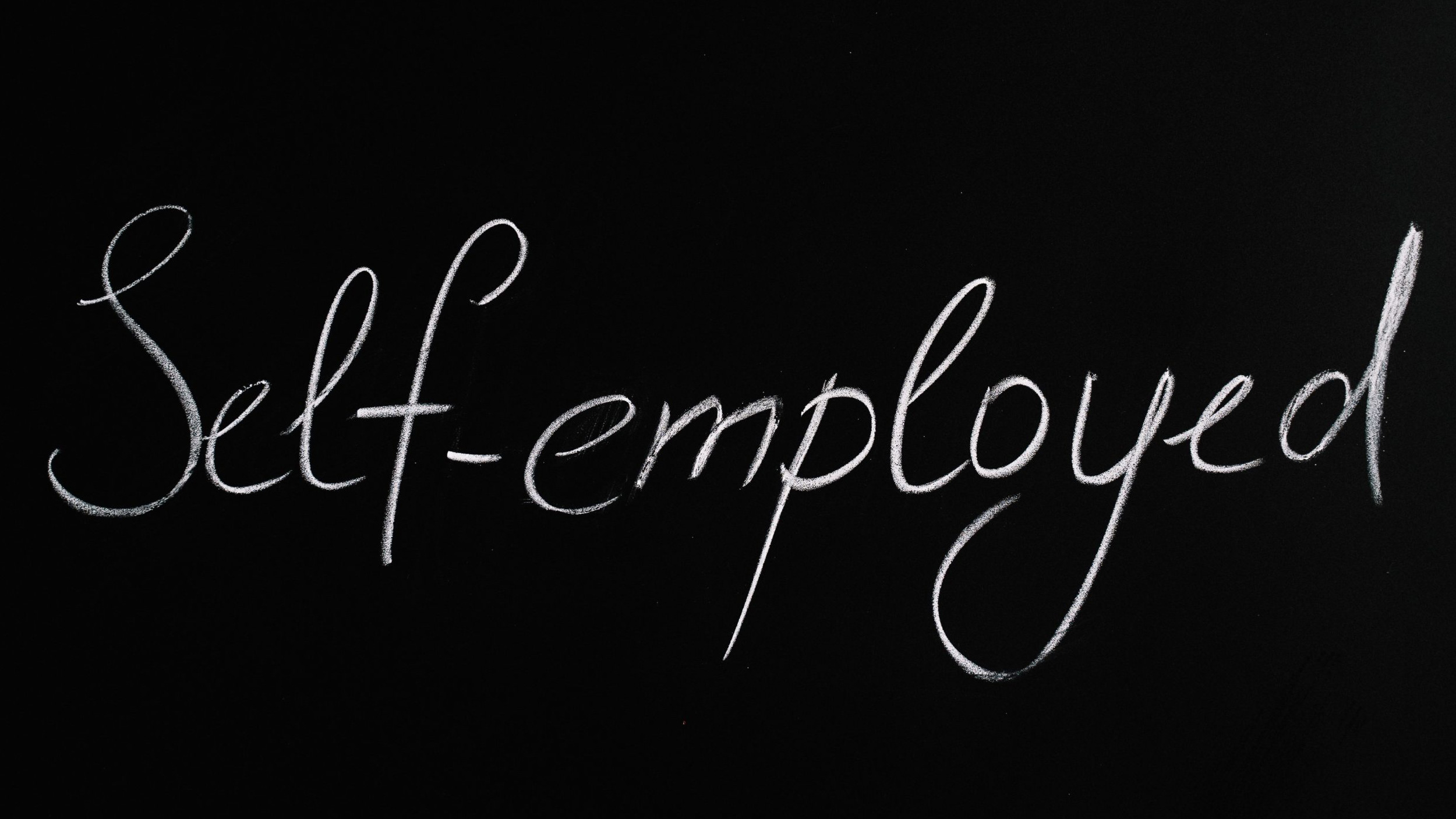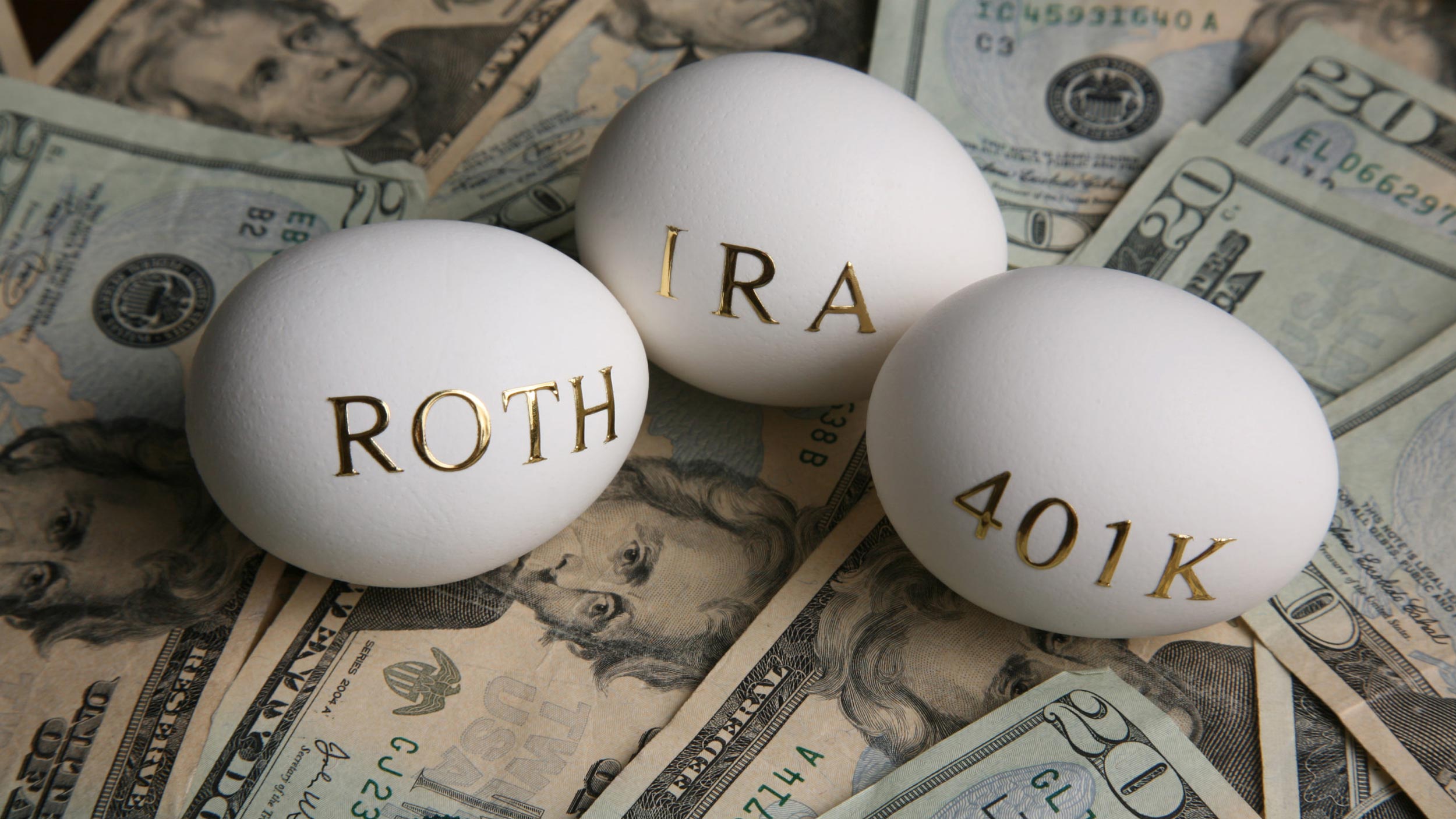Solo 401K vs SEP IRA
Wondering which plan is the right choice for you? We’ve put together a comprehensive resource to help you compare Solo 401K vs SEP IRA.
Table of Contents
Compare Plans
Being a solopreneur, freelancer, small business owner doesn’t exclude you from receiving the tax benefits that employees receive from standard employer retirement plans. The chart below can help you compare The Solo 401K vs SEP IRA:
Solo 401K | SEP IRA | |
|---|---|---|
Employer Eligibility | Must be self-employed and generating income | Any employer with one or more employees |
Contribution Limits | $58,000, and $64,500 for
those 50 or older. Try our Solo 401K Contribution Calculator. | $58,000 regardless of age |
Funding Options | Employer Contribution Only | Employer Contribution Only |
Investment Options | Allows non-traditional investment options like cryptocurrencies, life insurance and precious metals. | Does not allow non-traditional investment options |
Tax-Free Loan Provisions | A Participant Loan** allows you to borrow up to $50,000.00 from your Solo 401K | No loan provisions |
Contribution Deadlines | Must be set up by December 31st, although the contribution can be funded later (which is as late as Sept or Oct of the following year if filing late) | Can be set up and funded right before the deadline for reporting taxes (which is as late as Sept or Oct of the following year if filing late) |
Roth Option | You can make contributions in pre-tax or after-tax (Roth) | No Roth Option |
Custodian Required | You can serve as both a trustee and an administrator. There is no requirement for a Custodian, but one may be named. | A 3rd party custodian is required |
The Pros and Cons
Solo 401K
Pros | Cons |
|---|---|
Higher contribution limit of up to $58,000 in 2021. | Limited to one participant or the owners and their spouses if there are multiple owners |
A Participant Loan** allows you to borrow up to $50,000.00 from your Solo 401K | Even if there is only one participant in the plan, the business must go through the official process of establishing one |
If you hire staff, you can easily convert it to a traditional 401K | If your Solo 401(k) account has $250k or more in assets at the end of the year, you must file an annual report on Form 5500-SF with the IRS. |
Allows non-traditional investment options like cryptocurrencies, life insurance and precious metals | |
You can make contributions in pre-tax or after-tax (Roth) | |
Allows for mega backdoor Roth and in-plan conversions | |
Employer and employee contributions |
SEP IRA
Pros | Cons |
|---|---|
Higher contribution limit of up to $58,000 in 2021 | If you contribute yourself, you must give proportional contributions to each eligible employee |
Traditional IRAs, Roth IRAs, and pre-tax 401(k)s can all be rolled over into SEP IRAs | Employees cannot contribute |
Contributions, including those made to employee accounts, are tax deductible | No Roth option available |
You are not required to make a contribution every year |
Choosing The Right Plan For You
For entrepreneurs who want to save money on taxes and enjoy the peace of mind that comes with planning ahead, a retirement plan is a must-have. A Solo 401K or SEP IRA are two important options to consider, but figuring out which is best for you can be difficult. Use the chart below to view which account is the best fit based on common concerns.
Solo 401K | SEP IRA | |
|---|---|---|
I may want to take a loan from my plan | ||
I’d like to invest in alternative assets like cryptocurrencies | ||
I’ll be rolling over a Traditional IRA, Roth IRA, or pre-tax 401K | ||
I’m looking for a plan with a Roth option | ||
I have more than 1 employee | ||
I need to make catch-up contributions | ||
I’d like to administer my own plan |
Frequently Asked Questions
Solo 401K
The Solo 401k is a special type of retirement plan for business owners (and their spouses). In many ways, the Solo 401k functions like a corporate 401k plan but allows you greater freedom to invest in what you want, and contribute on your own schedule because you are your own 401k plan administrator and trustee.
There are two elements needed to qualify for a Solo 401k: 1) The presence of self-employment business activity and 2) the absence of full-time employees.
The Solo 401k is a retirement account and is tax-deferred, therefore there is no tax return due for a Solo 401k plan. Once you have $250,000 or more in total plan value (add up all your assets and cash in the plan), you will file form 5500-EZ. If you have less than $250,000 in your 401k plan, nothing needs to be filed. The Nabers Group team has guides and articles to guide you and your CPA through successfully completing this form. Our clients have told us that with the help of our trainings and guides, the 5500-EZ took them less than 10 minutes to complete!
Yes! The Solo 401k has two types of contributions: employee (salary deferral) contributions and employer (profit-sharing) contributions. Your employee contributions are limited to $19,500 across all 401k plans (or $26,000 if you are age 50 or older). That means if you are contributing $10,000 to your regular 401k at work, you would be able to contribute the remaining $9,500 to your Solo 401k plan. Employer (profit-sharing) contributions stand alone so the amount you contribute to the employer portion of your Solo 401k plan does not affect your regular job 401k because they are two distinct employers/businesses.
No problem! We’ll write a special type of Solo 401k plan for you (at no additional charge) where your business partner is excluded from participating in your plan. This allows the plan to remain truly “Solo”.
SEP IRA
A Simplified Employee Pension (SEP) plan or SEP IRA may be of interest to you if you own your own business and have a modest number of employees. It helps you to save for your retirement while also helping your employees save for theirs.
A SEP IRA can be established by any employer, including self-employed persons.
Yes, even if you participate in your employer’s retirement plan at a second job, you can set up a SEP IRA for your self-employed business.
Yes. The SEP plan document’s eligibility criteria must apply equally to both owners and employees.
Relevant Articles From The Learning Center

Still wondering what plan is right for you?
Just answer a few questions and we'll help you identify the self directed retirement plan that is best fit for you.






